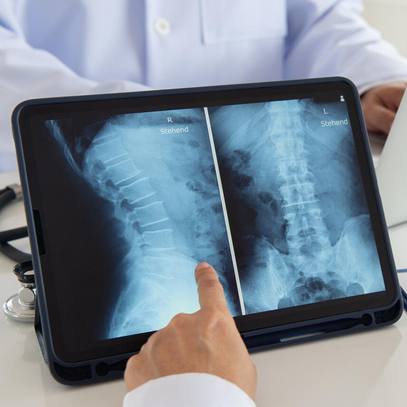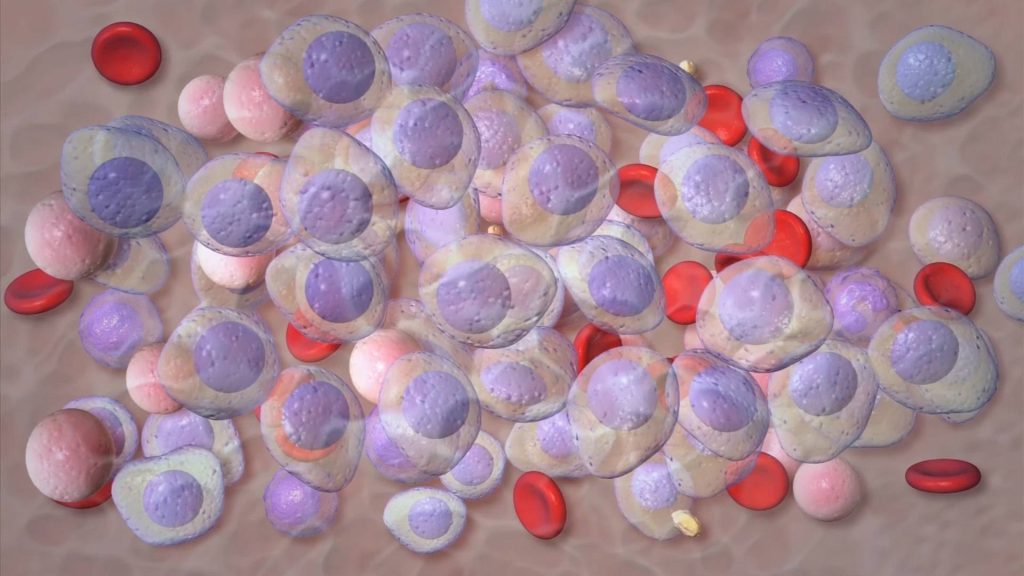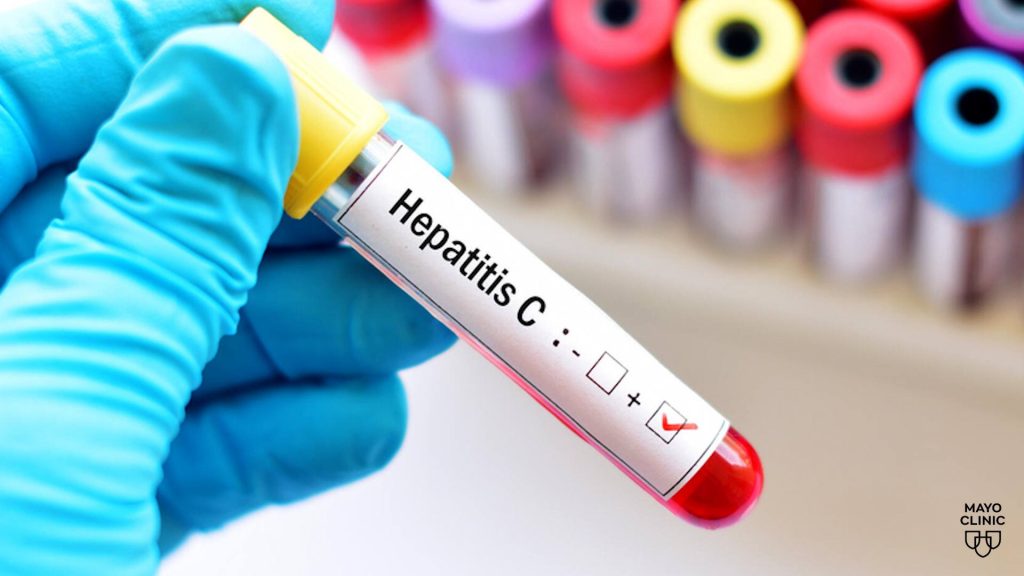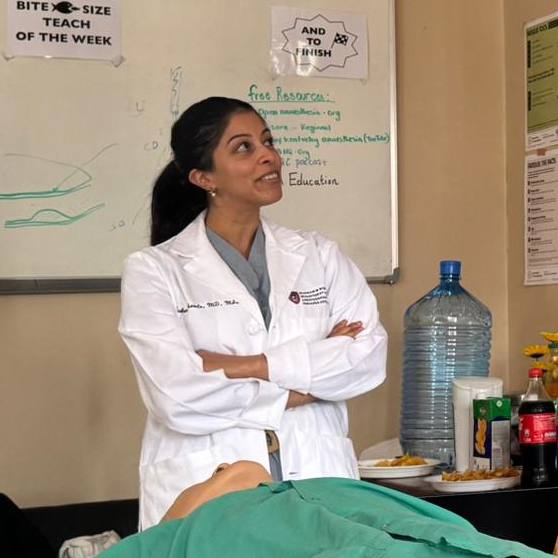




Check out a few of the most popular News Network stories on @mayoclinic social media this past week.
Calcium intake and absorption: Are you getting enough?
Calcium is the most abundant mineral in the body. Insufficient calcium intake leads to osteopenia, a condition marked by bone loss that can progress to osteoporosis, characterized by weakened, brittle bones. Despite this, a significant number of people fail to meet their calcium needs. The question remains: How much calcium is actually required?
Mayo Clinic Minute: Can collagen supplements help with aging?
Browsing through social media, you're likely to encounter advertisements and videos extolling the virtues of collagen. Many people turn to collagen supplements in the hopes of tapping into the fountain of youth. However, can these products genuinely reverse the aging process?
Mayo Clinic Minute: Advances in multiple myeloma treatment
Multiple myeloma, the second-most common blood cancer, primarily affects people over the age of 45. As of now, there is no cure for this disease. However, recent advancements in treatment are extending the lives of those affected.
Studying cells and gels to regenerate spinal disks
Countless people in the U.S. grapple with back pain or injuries that hinder their daily lives. One Mayo Clinic Ph.D. student and her mentor are studying how large molecules band together to help bones and connective tissue, such as spinal disks, regenerate.
Mayo Clinic Minute: What is hepatitis C?
Approximately 2 to 3 million people in the U.S. are believed to be living with the hepatitis C virus, with hundreds of thousands of cases going undiagnosed. The virus often remains asymptomatic in its early stages, only manifesting symptoms when liver damage emerges decades later.







